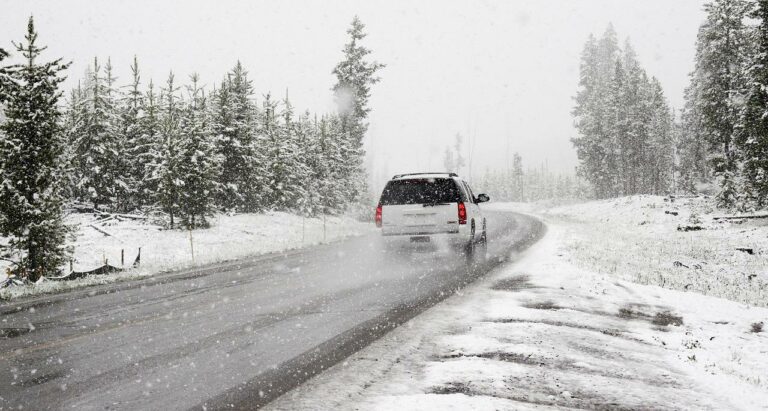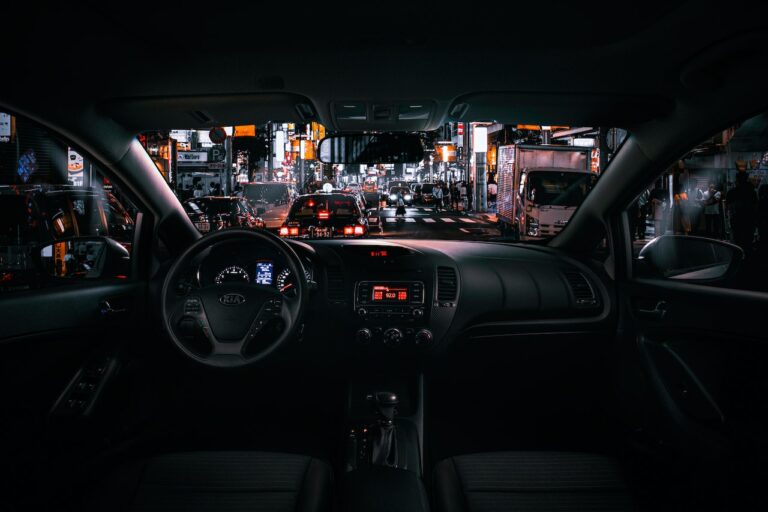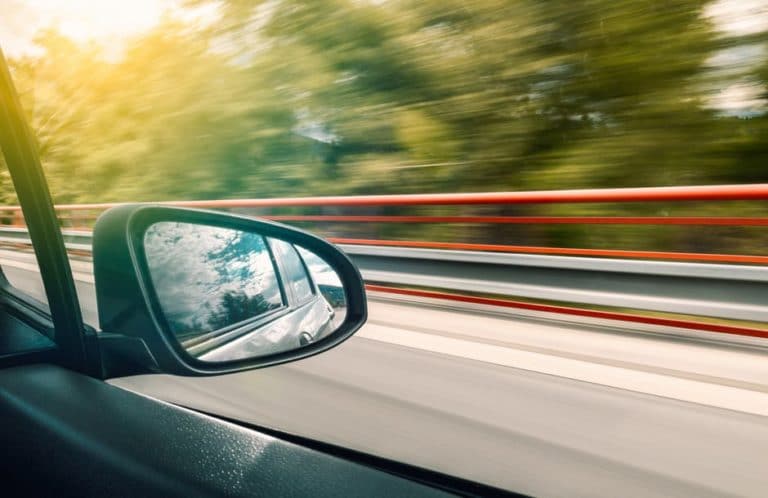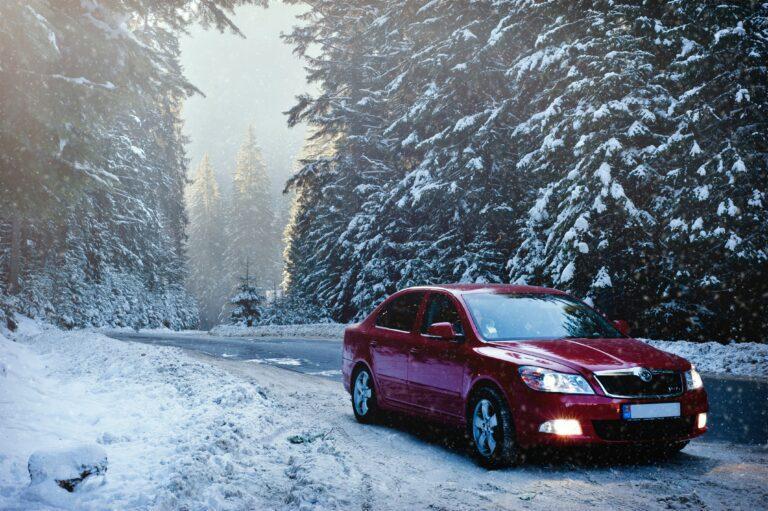Safety on the road
Of course, we want to arrive safely at our destination every time we travel by transport. Unfortunately, some situations are beyond our control, but if we get behind the wheel ourselves, we can promote safety on the road by our behaviour. For example, it should be a matter of course to wear compulsory equipment or comply with the applicable traffic regulations.
Before you go on holiday, also think about the safety of your home and property .
Mandatory vehicle equipment in 2024
Mandatory equipment in the Czech Republic includes the following:
1. Car first aid kit
No vehicle should be without a first aid kit, which is usually valid for 4 years from the year of issue. The specific contents of the first aid kit vary depending on the type of vehicle.
In the case of a car, van or truck, it must include:
- finished dressing with 1 pad (3 pcs)
- finished dressing with 2 pads (3 pcs)
- plaster smooth coil
- rubber choke bandage
- rubber (latex) gloves
- isothermal foil (min. dimensions 200 x 140 cm)
- scissors
2. Warning triangle
The warning triangle is used in the event of an accident or breakdown of a vehicle that has been left on the road. It is recommended to place it approximately 50 m behind the car, but on the motorway it should be at least 100 m away.
3. Reflective vest for the driver
The reflective elements on the vest significantly improve the driver’s visibility even in poor conditions. If he is forced to get out of the vehicle due to an emergency, they therefore significantly increase his safety.
In the Czech Republic, only the driver’s vest is compulsory, but in many other countries all passengers must wear it and it makes sense – there may be situations where everyone has to get out of the car and everyone (children in particular) should be clearly visible on the road.
The importance of reflective elements
The reflective elements are demonstrably visible even in rain, snow or heavy fog, as well as at night and during dusk or dawn. It is therefore important to wear a reflective vest when getting out of the car and into the road. This will give other drivers a better chance to react in time. It is stated that reflective elements can be visible up to 200 m.
Therefore, not only drivers, but also pedestrians, cyclists and users of the currently popular scooters should remember to use reflective elements. Where to buy reflective elements and clothing ? They are usually available at petrol stations, often in home improvement stores, supermarkets and specialty shops.
4. Spare wheel or tyre repair facilities
A spare wheel or a kit for repairing a damaged tyre should not be missing from the vehicle. An exception is if the driver has arranged for assistance for a tyre change within the Czech Republic.
Recommended vehicle equipment
Compulsory car equipment should be a matter of course. However, there is also recommended equipment. It is also highly recommended to get one, as it can be really useful in many situations.
Recommended equipment includes:
- reflective vests for passengers (ideally as many vests as there are passengers in the vehicle)
- towing rope
- starter cables
- fire extinguisher
- flashlight
- alcohol tester
- accident report form
- scraper for frozen glass, broom (during winter)
- snow chains (during winter, especially for higher altitudes)
- fuel reserve canister, if applicable. i engine oil packaging
It’s also a good idea to carry drinking water and a non-perishable snack in the car, especially if you often travel with small children. If you are travelling abroad with your pet, there are a few criteria you need to meet – see Passport for dogs and other pets .
Some differences in traffic rules when travelling abroad
Regulations and mandatory equipment vary from country to country. It is therefore important to study the conditions for travelling abroad carefully, as the possible fine and its amount can be a real surprise.
Slovakia
- The GPS navigation must not be fixed in the centre of the windscreen and obstruct the driver’s field of vision
- A reflective vest is compulsory for any passenger who leaves the vehicle in an emergency
Austria
- A reflective vest must be worn whenever exiting a vehicle outside the village
- A reflective vest is compulsory for every passenger
- The skis must be placed in a ski bag and firmly anchored when transported in the car (it is recommended to transport them ideally in the roof box)
Germany
- During the winter period, the vehicle equipment must be adapted to the current weather conditions
- In winter, antifreeze must be present in the windscreen washer
- Warning lights must be used on both cars when towing a vehicle
Poland
- When towing a vehicle, a warning triangle must be placed on the left side of the vehicle
- A first aid kit is part of the recommended equipment, so it is not compulsory
- Reflective vests must be placed directly in the vehicle (i.e. not in the boot)
Croatia
- A towing rope and, with a few exceptions, spare light bulbs are also part of the mandatory equipment
- Winter tyres in Croatia are not compulsory, but only recommended
- However, it is compulsory to have snow chains in the car during the winter as well as a shovel.
Principles for a safer journey
Enlarge safety while driving the vehicle can be done by all of us. This is done, among other things, by following a few simple rules.
- Don’t underestimate a good night’s sleep and quality rest before a trip, regardless of its length
- Avoid drinking alcohol before driving (if you are not sure whether you can drive safely, use an alcohol tester to check)
- Don’t get behind the wheel even after taking medication that may have a negative effect on driving
- Take a break at the first sign of fatigue during the ride
- Don’t forget to wear your seat belt
- If possible, do not travel in extreme weather (heavy ice, heavy snow, blizzards, etc.)
- Always obey the rules of the road, do not take unnecessary risks



